If Europe's security strategy had to be summed up in a single sentence, it would be: "We do everything to ensure our safety while simultaneously doing everything to put ourselves in even greater danger."
In recent years, the continent has been slipping deeper into a geopolitical trap where measures taken for defense end up escalating the very threats they were meant to counter.
This is not a new phenomenon but rather one of the many recurring security paradoxes that persist with monotonous reliability.
While Europe’s political elite has declared increasing the continent’s security a priority, the unintended consequences of their actions have created/will create new vulnerabilities, new conflicts, and even greater strategic exposure.
The belief that "more defense = greater security" is just as misleading as the economic fallacy that "higher taxes = greater prosperity." European leaders talk about strategic autonomy while sinking deeper into the quagmire of geopolitical vulnerability and escalation.
Let’s examine the security paradoxes that lurk like hastily placed landmines beneath Europe’s defense strategies.
Security Paradoxes
The first and most striking of these is the classic security dilemma—a concept that dates back to Thucydides. In his account of the Peloponnesian War, Athens, a rising naval power, sought to expand its influence (e.g., by forcing the neutral island of Melos into submission) to secure its empire and deter Sparta. However, Sparta, fearing Athens’ growing power, built up its own alliances and military forces. Both sides, acting out of fear of the other's intentions, armed themselves—ultimately leading to war.
Thucydides famously wrote:
"The growth of the power of Athens, and the alarm which this inspired in Sparta, made war inevitable." (Book I, 23)
In response to Russian aggression, the EU has embarked on massive modernization and rearmament programs, purchasing new military technology and strengthening transatlantic security cooperation under the Biden administration. These efforts have been accompanied by an increasingly confrontational rhetoric. However, this has not gone unnoticed. Moscow now views these actions as a direct threat and has responded by deploying new weapons systems and reconfiguring its nuclear doctrine.
Instead of deterrence, tensions have escalated. The arms race has accelerated, and rather than becoming stronger, Europe has become more vulnerable. The EU is now drifting ever closer to a war scenario it originally sought to prevent.
Another paradox is Europe’s geopolitical dependence on the United States. For decades, the continent’s security architecture has relied on Washington’s military umbrella. Each time the idea of developing independent European defense capabilities is raised, a political panic ensues. The result is a strategic reality where
Europe is nominally independent but in practice entirely dependent on the fluctuations of U.S. foreign policy. NATO membership guarantees security but also entails risks—since the EU is, to a large extent, automatically drawn into America's global conflicts, regardless of whether they align with European interests.
From the U.S. perspective, it is only natural to expect loyalty in return for decades of "free" security. For decades, NATO might have seemed like a free lunch—after all, who would dare draw a sword against the world’s most powerful military alliance? But in recent years, it has become clear that a military alliance is not a charity, and sooner or later, the price must be paid. The dependency paradox is this: while security is provided by a great patron or alliance, where security is shared, so too are the threats and risks.
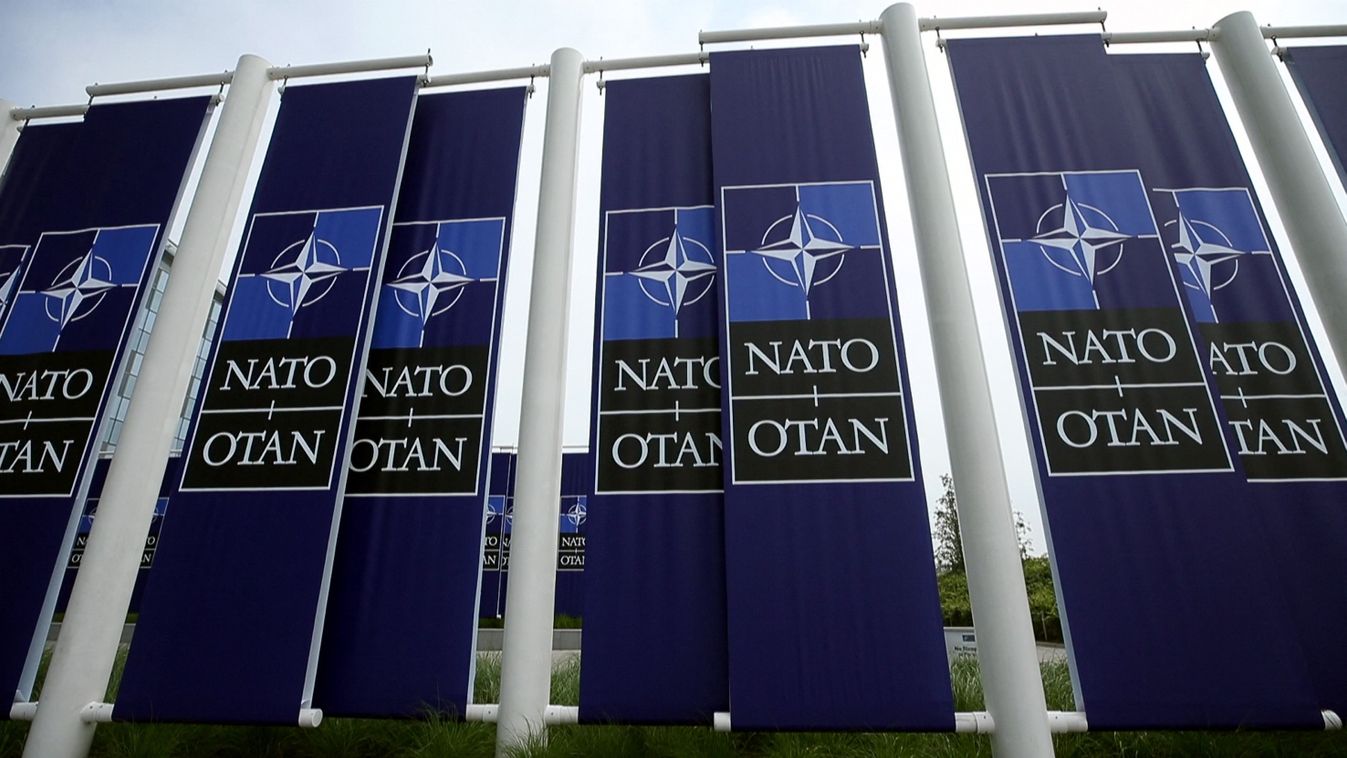
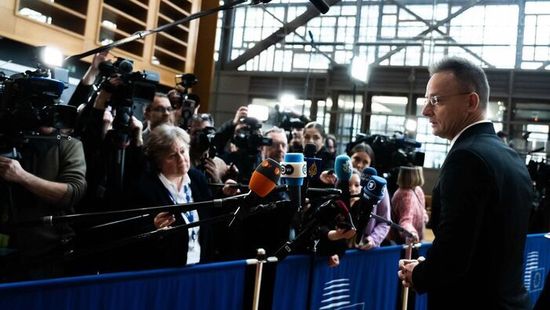
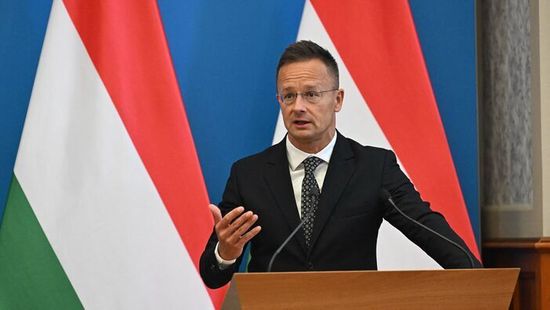






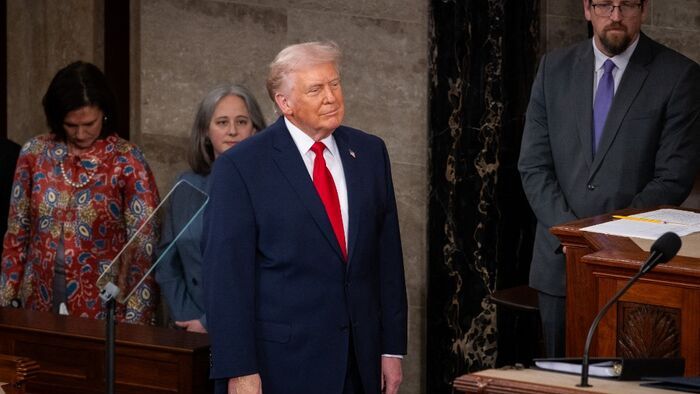




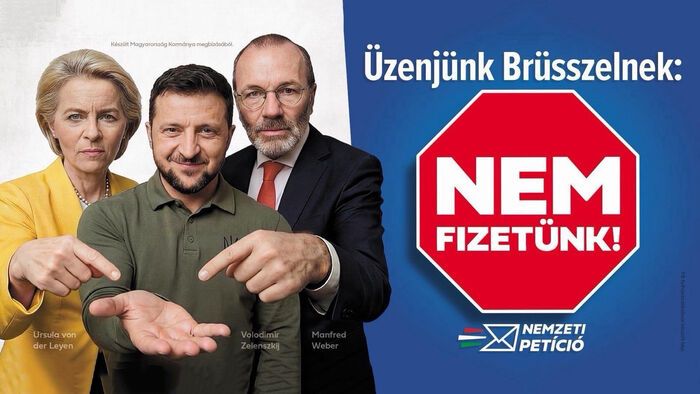
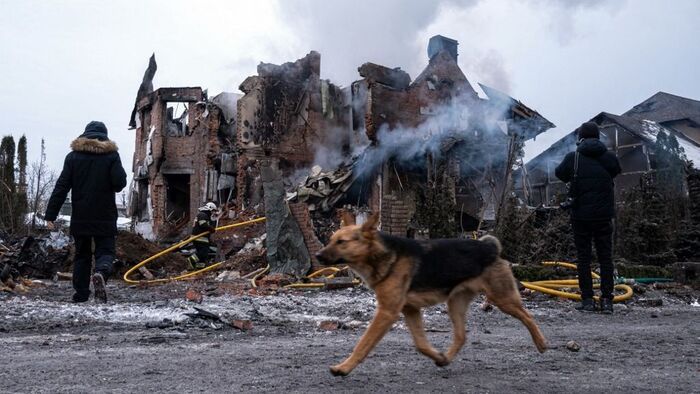
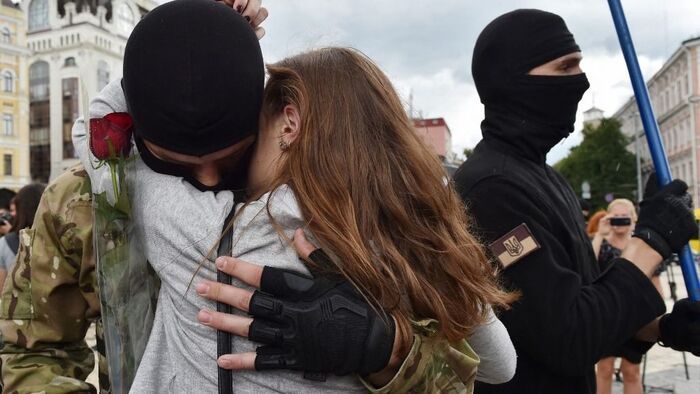
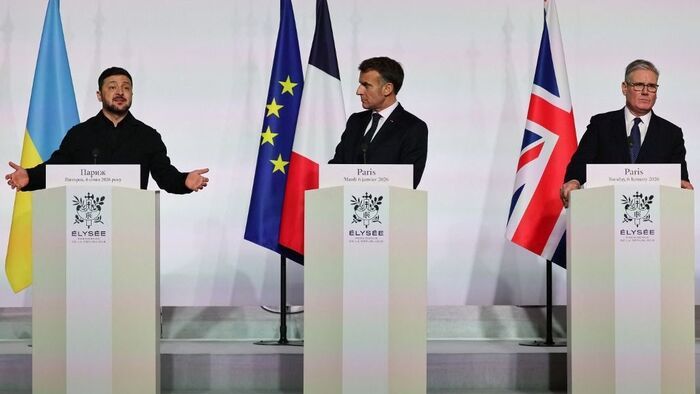





Szóljon hozzá!
Jelenleg csak a hozzászólások egy kis részét látja. Hozzászóláshoz és a további kommentek megtekintéséhez lépjen be, vagy regisztráljon!